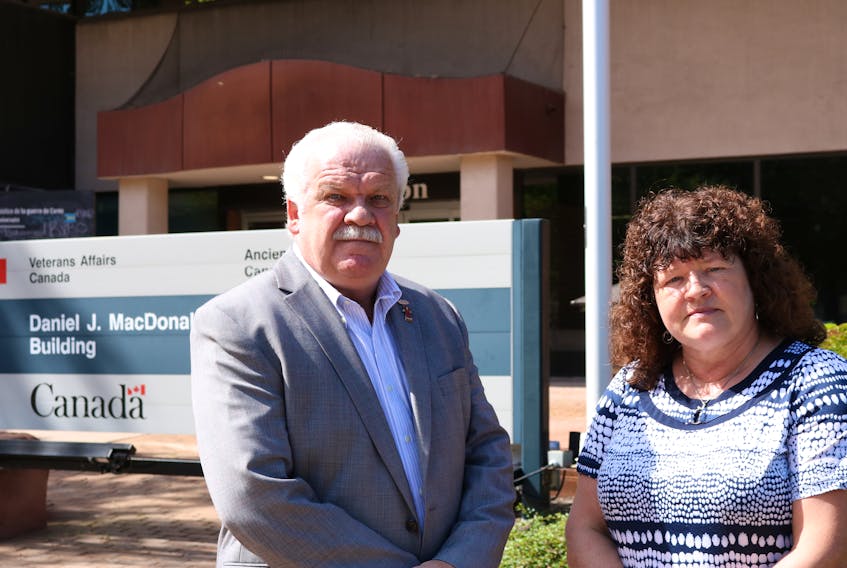Thousands of P.E.I.’s federal public sector employees, who continue to deal with the beleaguered Phoenix pay system, are facing the prospect of a drawn-out round of collective bargaining, according to the head of one of Canada’s largest unions.
Chris Aylward, president of the Public Sector Alliance of Canada, which represents 4,100 federal employees on P.E.I., said the union has been bargaining with the federal Treasury Board since June. The bargaining has continued in the wake of a July report by a Senate finance committee, which found that the Phoenix system has so far improperly paid over 153,000 employees and has cost Canadian taxpayers close to $1 billion.
The federal government’s pay centre in Miramichi, N.B., is faced with a backlog of thousands of cases of employees being underpaid, overpaid or not paid at all due to the electronic system. Aylward said approximately 82 per cent of the PSAC’s 140,000 members have experienced compensation issues related to the Phoenix system.
“Our members go to work day after day not knowing whether they're going to get paid correctly or not paid at all," Aylward said on Tuesday.
"What we're expecting this government to do is to come to the bargaining table with an offer that's respectful, that demonstrates their understanding and their respect for the commitment and dedication of our members."
Chris Aylward
"What we're expecting this government to do is to come to the bargaining table with an offer that's respectful, that demonstrates their understanding and their respect for the commitment and dedication of our members."
Although the backlog in pay complaints has recently declined, Colleen Coffey, the Atlantic regional vice-president of the union, said problems persist.
"People have really seriously lost cars, lost homes, lost banks, lost credit ratings," Coffey said.
Aylward is hoping bargaining can be concluded quicker than the last collective agreement, which expired in 2014. Bargaining for this agreement took two years.
Since June, the union has had two meetings with representatives of the Treasury Board. Aylward said the meetings have largely been fruitless.
"Their bargaining teams don't have a mandate to bargain with us," Aylward said.
"It appears that they don't have the authority to buy a cup of coffee at the bargaining table."
The union is asking for up to 10 days of leave for workers who have experienced domestic violence, as well as an increase in parental leave from 37 weeks to 63 weeks. Aylward also said the union is also asking for a “respectful offer” related to wages.
The union is also pushing to be formally consulted in the event of contracting out services. In a reference to the rushed roll-out of the Phoenix system in 2015, the PSAC has proposed that it be consulted and that it review the business cases of technological changes that might result in elimination or relocation of federal workers.
The PSAC and the Treasury Board are also engaged in a separate negotiation related to compensation of federal employees affected by the Phoenix system. The Treasury board has issued a request for proposals for the development of a new replacement system.
Although the Trudeau government has faced heavy criticism for the two-year delay in repairing the Phoenix system, Aylward said the origin of the doomed pay system dates back to the previous government.
The Phoenix system was introduced by the Harper government in 2015 as a cost-saving measure. The roll-out involved laying off over 1,000 employees, many of whom were well versed in the byzantine compensation rules for the federal public service.
“They did that just before a federal election. They booked the $70 million dollars to balance the books. And now it's cost the Canadian taxpayers well over a billion dollars. And that number continues to grow," Aylward said.









